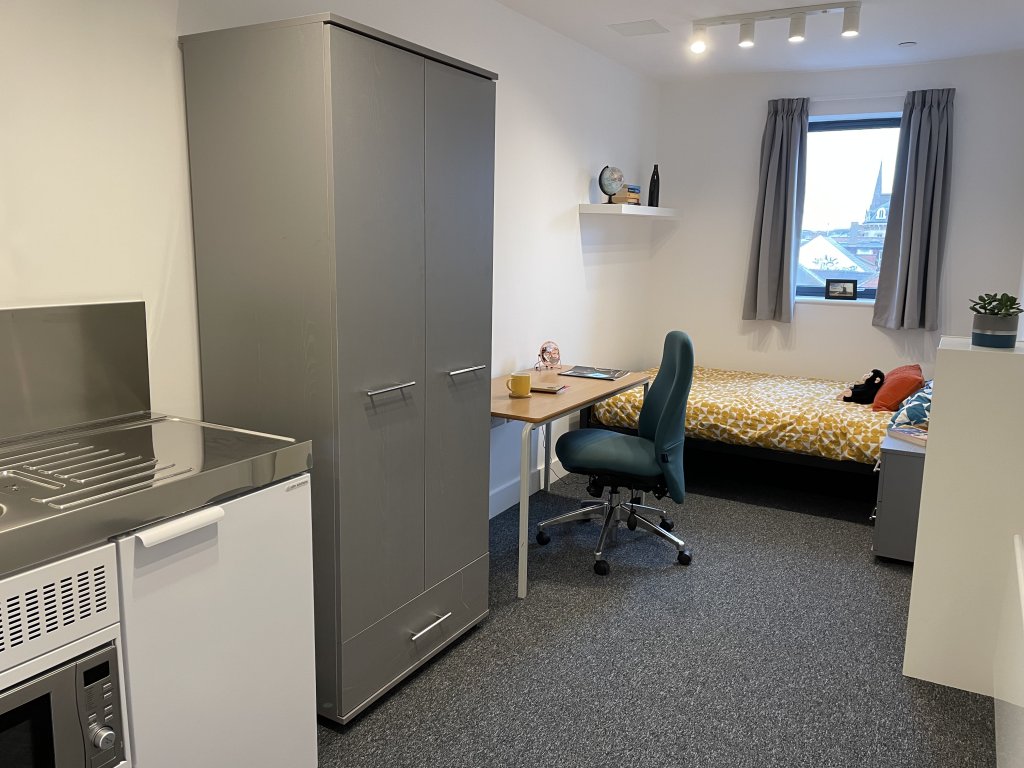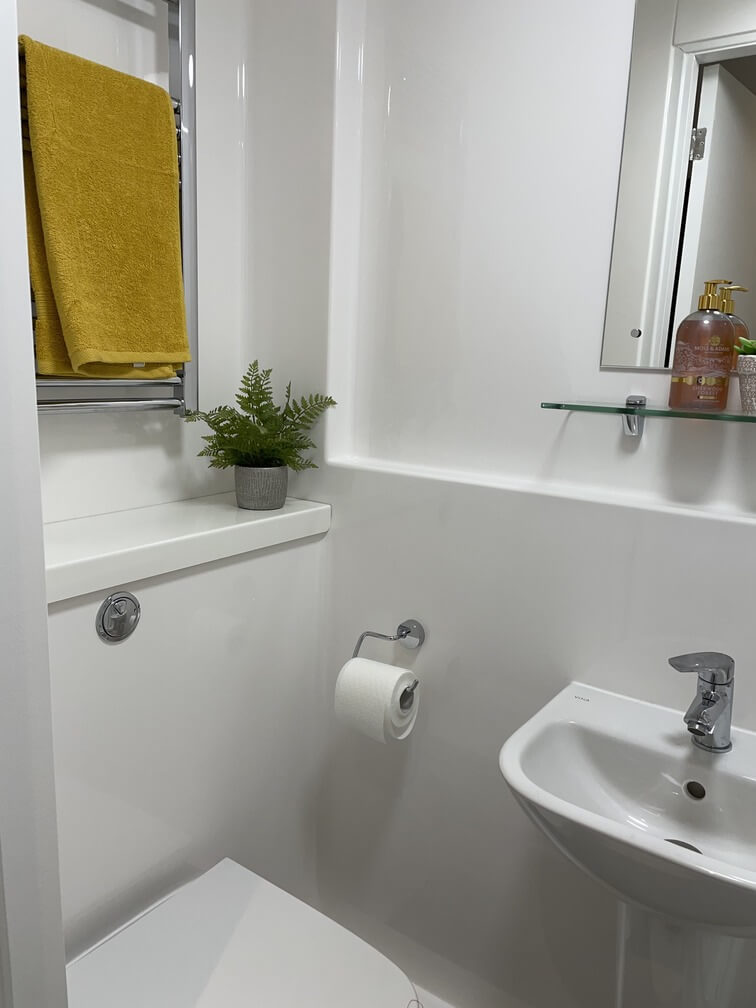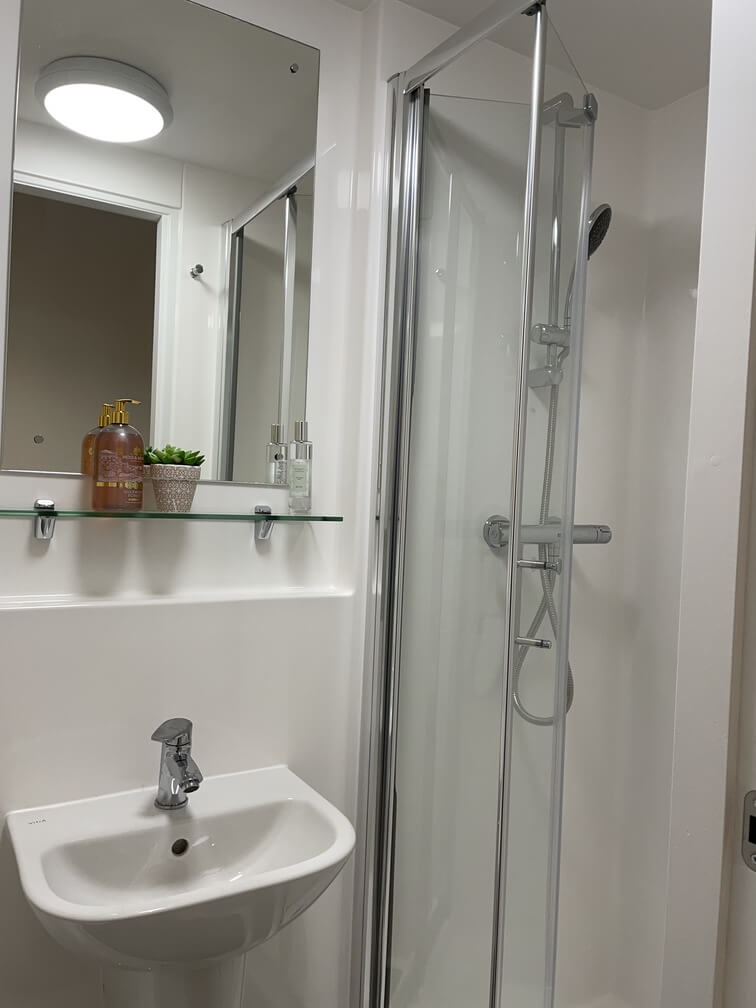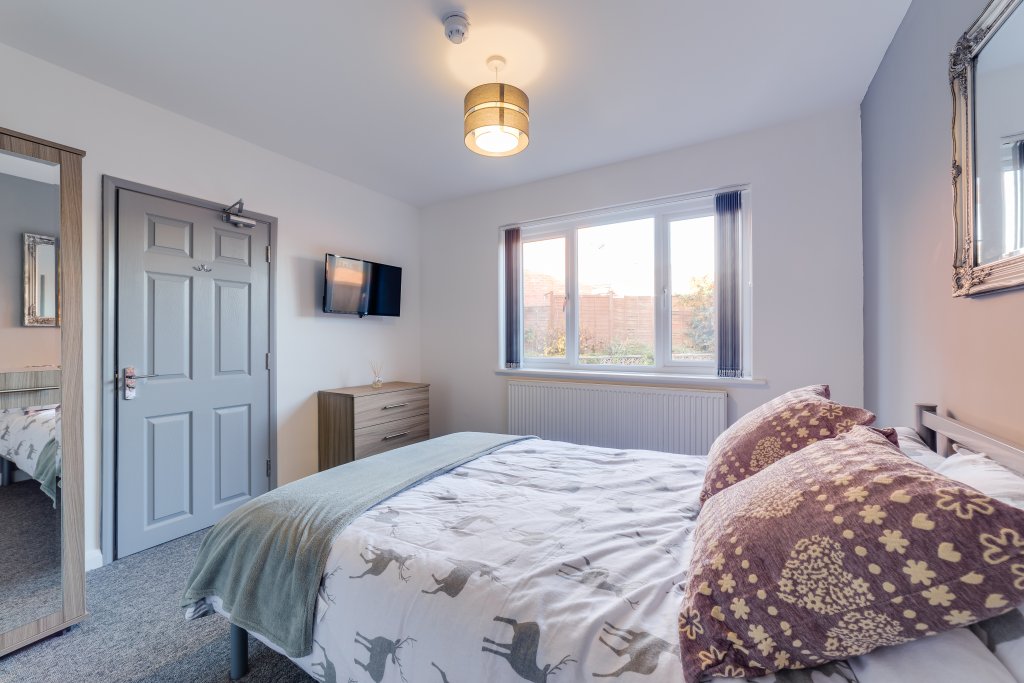6 Legislative Changes HMO Landlords Need To Be Aware Of

Whether you’re new to HMOs or are a veteran HMO landlord, you need to be fully aware of the legislation and your legal obligations. This isn’t the sexy side of building an HMO portfolio or business, but we all need to ensure we stay up-to-date on the industry regulations.
In recent years, there have been a number of changes to landlords’ legal obligations. And the COVID-19 pandemic in particular has brought forward a range of temporary measures. With some emergency measures winding down and additional reforms being brought forward, it’s important to keep up with the latest changes.
Here are six recent legislative changes HMO landlords must be aware of!
1. HMO Licensing Schemes
HMO licensing can be difficult and confusing. One of the big reasons for that is because it’s enforced differently across the country, and there are a number of grey areas within the guidance.
Currently, a number of local authorities are starting to roll out additional licensing schemes. For example, Oxford City Council has a new ‘selective license’ scheme that commenced on 10 June. While many areas across England don’t require a license for small HMOs (which have between three and four tenants), more local councils are changing that, including Oxford.
Some of these new licensing schemes are specifically for HMOs or other privately rented properties. As an HMO landlord, you need to keep up-to-date on the schemes and licensing requirements in your area.
2. Electrical Safety Requirements
All landlords have a legal duty to ensure their property is safe before and throughout the duration of a tenancy. Any electrical equipment and appliances provided on the property need to be safe.
Previously, the Management of Houses in Multiple Occupation (England) Regulations 2006 put specific electrical safety duties on HMO landlords. However, this has now been repealed, and the new electrical safety standards have been put in place for all privately rented properties since 1 April 2021. This requires landlords to have all electrical installations in their rental properties inspected and tested at least every five years.
3. End of Eviction Ban
As a part of temporary emergency COVID-19 restrictions, a ban on bailiff-enforced evictions had been in place in England and Wales. However, this ban came to an end on 31 May. With the ban lifted, landlords can proceed to enforce possession orders – good news if you’re unfortunate enough to have some difficult tenants that need removing from your property.
4. Changing Notice Periods
While evictions have resumed, landlords still have to provide longer notice periods until at least October. Previously, landlords have been required to give tenants at least six months’ notice for repossession in most cases. From 1 June, this was lowered to four months.
Notice periods are expected to return to normal from 1 October, subject to public health advice. With the recent change in notice periods, there are also new prescribed forms which need to be used when giving notice.
5. Right to Rent Checks
Landlords, including HMO landlords, are required to carry out right-to-rent checks to verify all of their tenants can legally live and rent a property in England. Temporary measures had been put in place throughout the COVID-19 pandemic to allow these checks to be done remotely via video call. However, this is set to end on 20 June.
As things stand, from 21 June, HMO landlords must start conducting these checks face-to-face again. Additionally, acceptable identification for EU, Switzerland and European Economic Area nationals is expected to change after 30 June.
6. Renters’ Reform Bill
There are a number of additional changes that are expected to come forward in the coming months through the Renters’ Reform Bill. This bill is expected to scrap Section 21 evictions, which will end landlords’ ability to evict tenants without a good reason.
Additionally, this bill is expected to give landlords more rights to remove tenants if they have a valid reason. A lifetime deposit scheme, allowing tenants to transfer their deposit from one property to another, is set to be introduced as well.
A government white paper on the renting reform package will set out these measures in more detail this autumn, and new legislation is expected to follow shortly after the paper is published.
We know HMO legislation is a dry topic, but these are your legal obligations, which you must be fully aware of. If something goes wrong, the buck will stop with you! And there are serious consequences for not abiding by legislation.
If you would like any further help with HMO legislation or licensing please don’t hesitate to get in touch with Relo on 0333 444 0423 or hello@relorooms.co.uk. Alternatively, visit our website to find out more on www.relorooms.co.uk



















